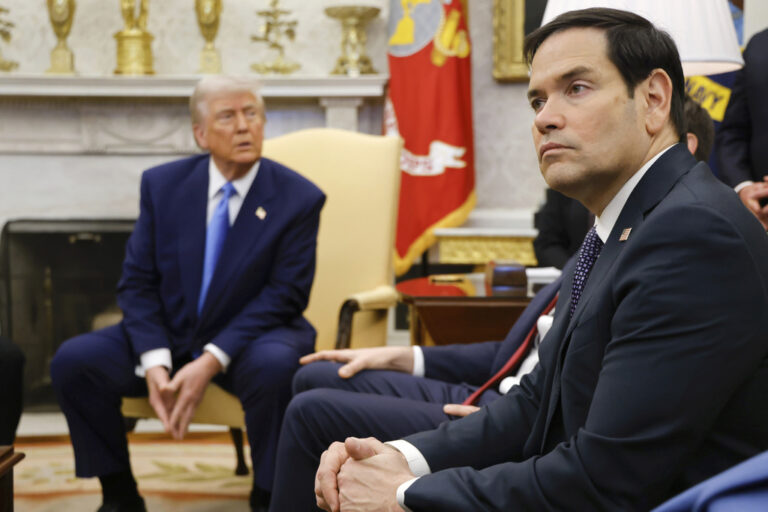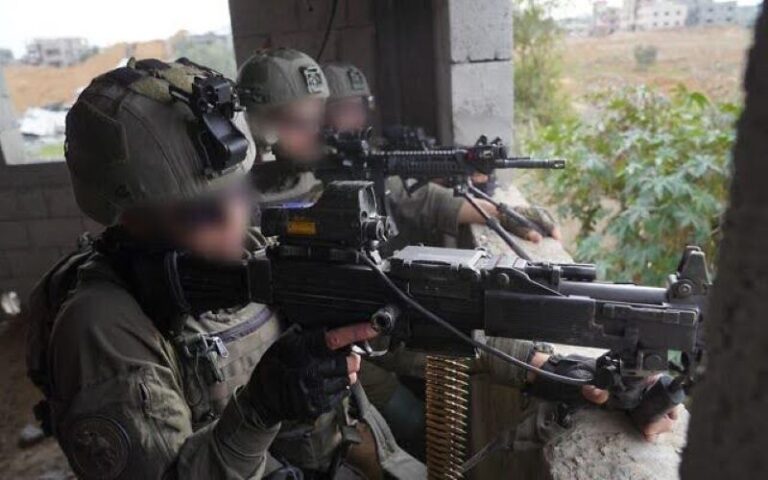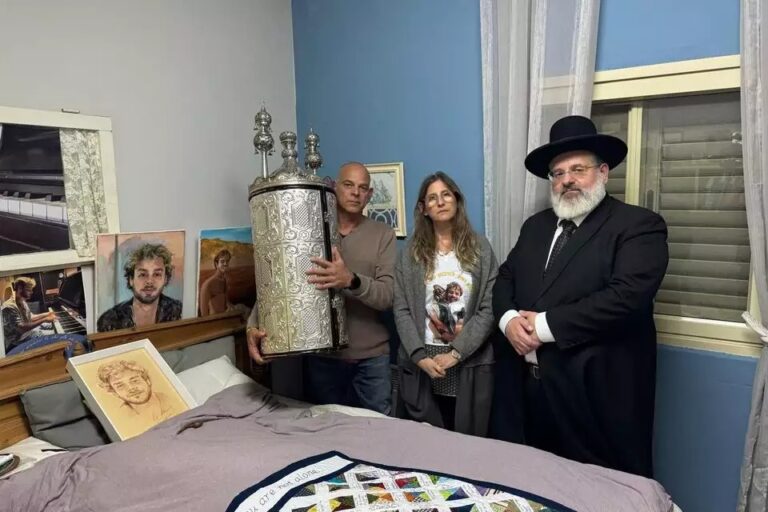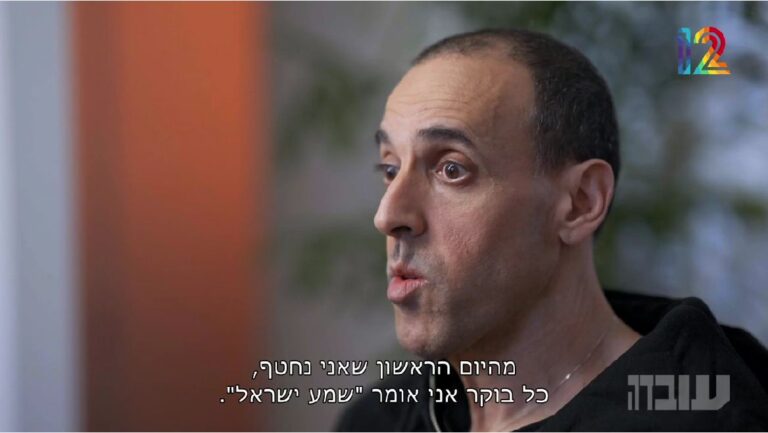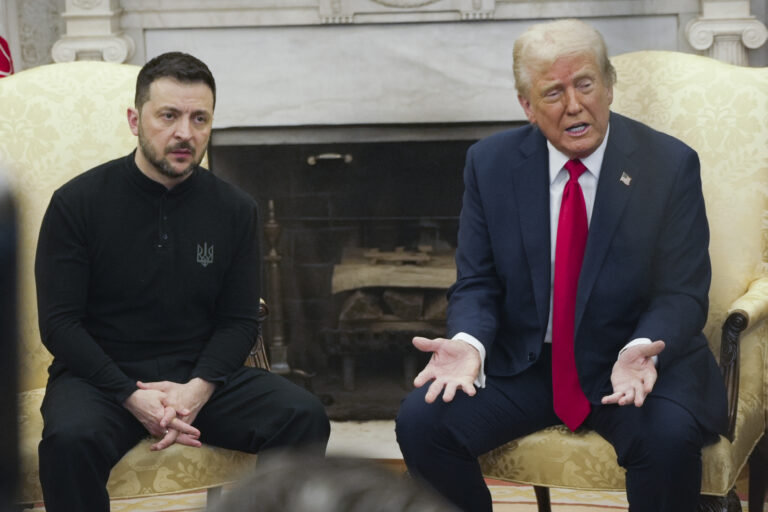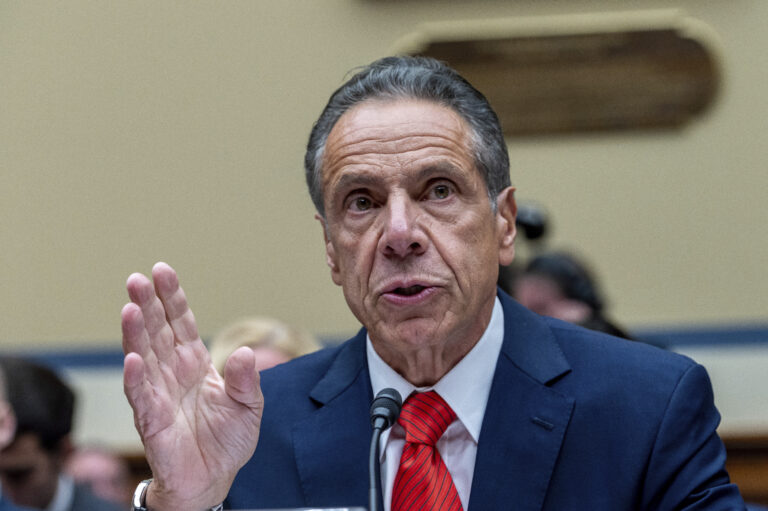 Roman Sarkisian easily passes for your average Fresno police officer: crew cut, tight-set jaw and “just-the-facts” demeanor.
Roman Sarkisian easily passes for your average Fresno police officer: crew cut, tight-set jaw and “just-the-facts” demeanor.
“I like to do law enforcement stuff,” said Mr. Sarkisian, 23, an immigrant from the republic of Georgia who is studying criminology at the city college here. “I like helping out putting bad guys in jail.”
But Mr. Sarkisian is not a police officer, and he does not carry a gun or a Taser. He is a police volunteer, part of an experiment by departments across the country that enlists trained amateurs to perform a broad — and occasionally dangerous — array of investigative duties like collecting evidence, interviewing witnesses, searching for missing persons and stolen vehicles and looking into long-dormant cases.
Hamstrung by shrinking budgets, the police say the volunteers are indispensable in dealing with low-level offenses and allow sworn officers to focus on more pressing crimes and more violent criminals.
“We had the option to either stop handling those calls or do it in a different manner,” said Fresno’s police chief, Jerry Dyer, whose department has lost more than 300 employees in recent years. “I’ve always operated under the premise of no risk, no success. And in this instance, I felt we really didn’t have very much to lose.”
Other chiefs facing budget problems are also using volunteers. In Mesa, Ariz., a Phoenix suburb, 10 of them have been trained to process crime scenes, dust for fingerprints and even swab for DNA. In Pasadena, Calif., a team of retirees is combating identity theft — and, apparently, their own ennui.
“Once I retired and cleaned up my house, I was bored,” said Liz Diott, 67, a former vice president at the Bank of America who now works 20 hours a week at the Pasadena Police Department. “It keeps me on my toes.”
Civilians have long taken on administrative or menial duties for the police — there are volunteer programs at some 2,100 departments nationwide, according to the International Association of Chiefs of Police — and some departments, including in New York City, use auxiliary officers for traffic control, beat patrols and other duties.
But the use of volunteers in investigations raises legal and liability questions, said Robert Weisberg, the co-director of the Stanford Criminal Justice Center. He suggested such programs could provide openings for defense lawyers to suppress evidence and attack witnesses’ testimony.
“If I were a defense lawyer, I would certainly say in front of the jury, ‘Mr.’ — and I would underline Mister — ‘Mr. Shoontz, you’re a volunteer. You’re not really a police officer, are you?” Mr. Weisberg said.
San Francisco’s district attorney, George Gascon, a former police chief in Mesa, said he was not worried that police volunteers would cause problems for prosecutors. “So long as there is appropriate training and supervision in place, that should not be an area of concern,” he said.

